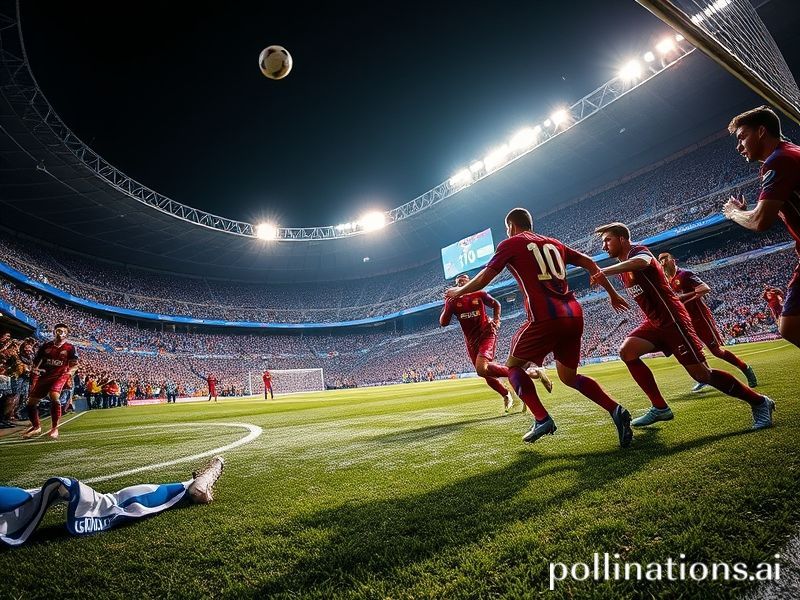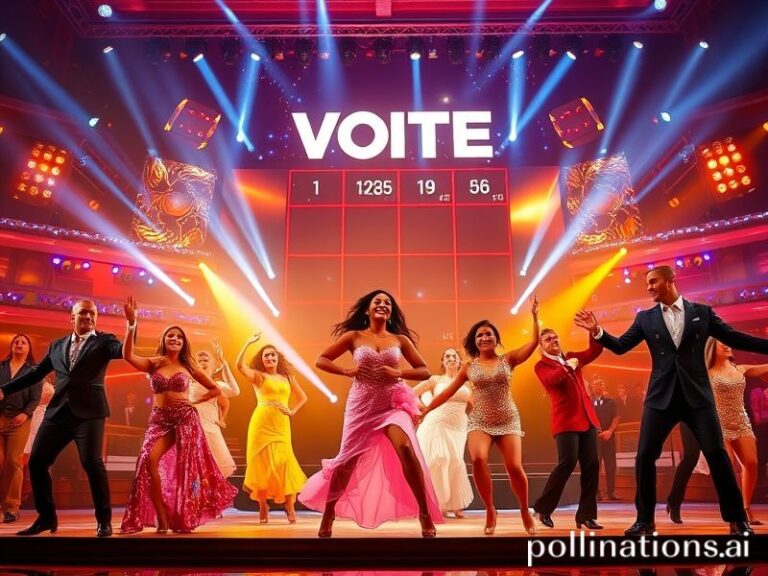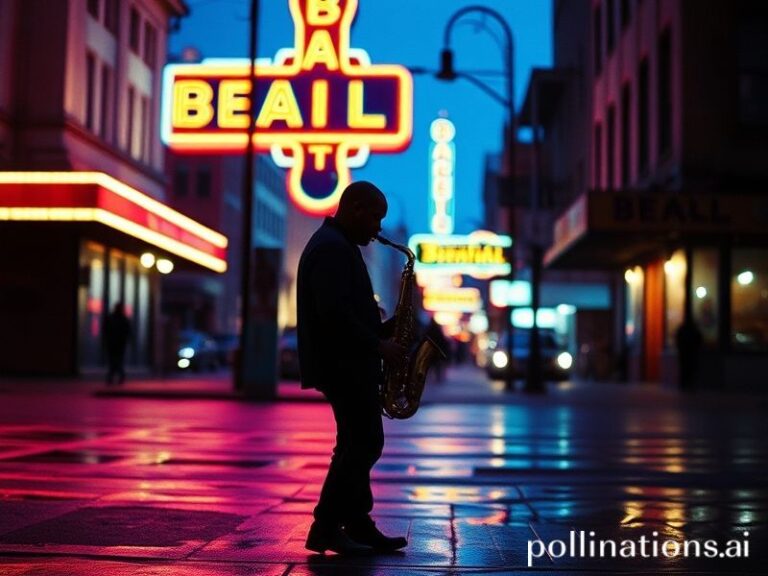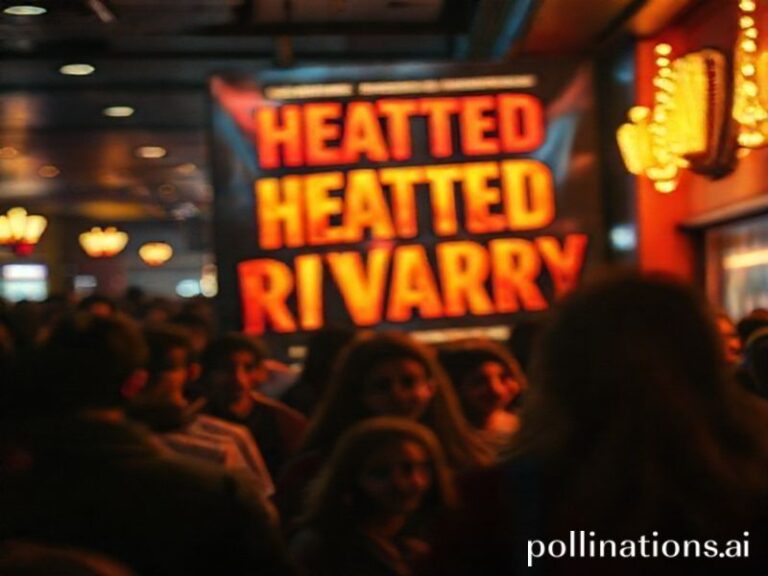Oviedo vs. Barcelona: How a Rain-Soaked David Sells Hope to the Streaming Planet
Real Oviedo vs. Barcelona: When David Books Goliath’s Private Jet
Estadio Carlos Tartiere, 21:00 local time—an hour when most of Europe is either asleep or pretending to be. Yet on Spain’s rainy northern coast, 28,000 Asturian souls cram into a stadium whose last major renovation was paid for by the peseta. The occasion? A Copa del Rey round-of-16 tie that FIFA’s global calendar lists as “minor,” but which the rest of us recognise as a perfectly choreographed ritual humiliation. Barcelona arrive with four Champions League medals in their carry-on; Oviedo bring a squad whose combined market value is roughly what Robert Lewandowski spends on hair gel in a fiscal quarter. Somewhere in the executive boxes, UEFA executives sip Rioja and congratulate themselves on competitive balance.
For the neutral viewer—streaming bleary-eyed from Lagos to Lima—the match is less about football than about the comic architecture of late capitalism. Barcelona’s bench alone earns more per week than the entire annual budget of Oviedo’s youth academy, which is reportedly financed by the sale of commemorative fridge magnets. Meanwhile, the Blaugrana’s travelling party includes a nutritionist, a sleep coach, and a man whose sole job is to prevent Gavi from reading Twitter. Oviedo’s medical staff consists of one physiotherapist named Manolo who doubles as the kit-washer and, on Thursdays, the stadium DJ.
Still, the script stubbornly refuses to behave. The underdog scores first, a looping header that sends the local radio commentator into an operatic seizure. Twitter’s trending algorithm—programmed to promote outrage, Korean boy bands, or both—inexplicably pushes #CarlosTartiere to the top slot in Jakarta. Indonesian teenagers who couldn’t locate Asturias on a Risk board suddenly adopt Real Oviedo as “their” second club, flooding TikTok with videos of themselves eating fabada in solidarity. Somewhere in Silicon Valley, a product manager updates his OKRs: “Trigger accidental Iberian nationalism.”
The geopolitics deepen in the 73rd minute, when Barcelona’s equaliser is assisted by a pass so exquisite it is immediately GIF-ed by the Ukrainian Armed Forces’ official account with the caption “Precision matters.” Within seconds, Russian Telegram channels respond with a meme of their own featuring a tractor dragging a tank, tagged #OviedoEnergy. The football, by now, is mere substrate for the planet’s ongoing nervous breakdown.
Back at pitch level, the score remains 1-1, and the concept of away-goals advantage looms like a tax audit. The away end, packed with Barcelona fans who flew in on €19 Ryanair tickets subsidised by their parents’ Marriott points, begins to sweat through their sustainably sourced scarves. Their chants—half in Catalan, half in crypto—grow faint as Oviedo press for a winner. An equaliser here would not merely dent Barcelona’s silverware shelf; it would ripple through global bookmakers faster than you can say “liquidity crisis.” In Macau, a hedge fund’s algorithmic model starts auto-dumping Barça futures; in Manchester, a Saudi-linked consortium recalculates its January shopping list.
Alas, the fairy-tale expires not with a bang but with a VAR offside line so narrow it could split an atom of dark matter. Barcelona escape on aggregate, and the commentators pivot to clichés about “the magic of the cup.” The Oviedo players slump, then remember they still have to be back at work tomorrow—some literally, as three starters are on zero-hour contracts at the local cheese factory.
And there, perhaps, lies the broader significance. In a world where super-clubs hoover up resources like a Dyson with abandonment issues, the Copa del Rey remains Europe’s last respectable Ponzi scheme: it sells hope in bulk, ships it worldwide, and never quite delivers. The broadcast rights alone net the RFEF enough to fund another glossy draw ceremony, where the same behemoths will again be paired with the same sacrificial minnows. Viewers from Lagos to Lima will tune in, because hope—like debt—is the one commodity we never seem to run out of.
Final whistle: Barcelona progress, Oviedo applaud, and the global attention span flits elsewhere. Somewhere in Asturias, Manolo the physio/DJ queues up a melancholic cumbia, pours himself a cider, and mutters the universal epitaph of the nearly-miraculous: “Next year, eh?” Until then, the fridge magnets still need restocking.







